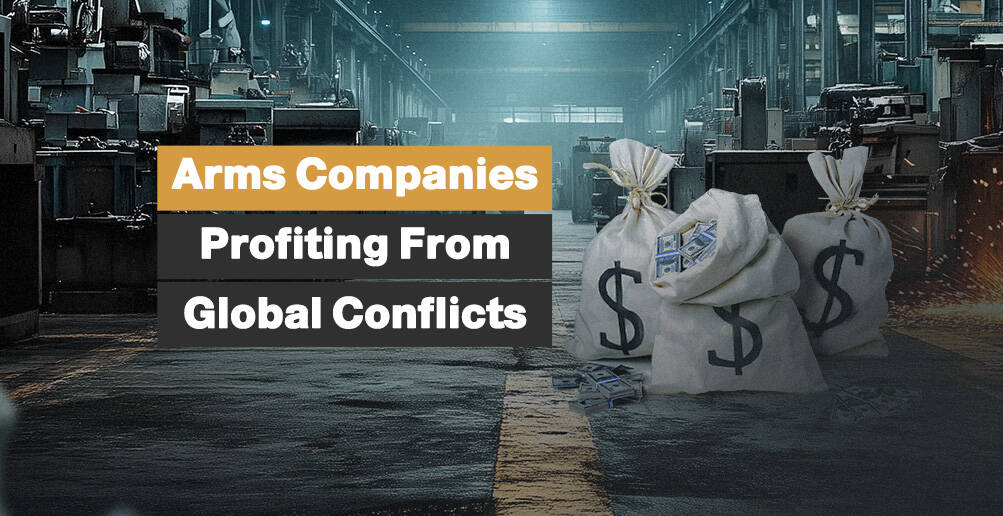For These Reasons, Ukrainian Refugees in Spain Decided to Return to Their Country

The Independent newspaper revealed that the Ukrainian refugees, who arrived in Spain last April, began to return to their homeland due to the high prices and the absence of job opportunities.
It added that many Ukrainians are currently facing unemployment in Europe and the inability to find housing and would prefer to return to their familiar life in Ukraine and to their families, despite the ongoing hostilities.
The Independent quoted the Ukrainian lawyer, Yuri Blaginets, 42, who decided to leave Spain, as saying that he cannot live in Spain because he works only to pay the rent and food.
Yuri said that he used the International Red Cross program for refugees after arriving in Spain. He said that they sent him to a hotel in Madrid, where he was given a room and food in exchange for Spanish courses. "But what courses will I attend if I have a diploma? I speak Spanish fluently. I need a job," he stressed.
Yuri went to Spain in search of a job, but after leaving housing, he left the program for refugees at the same time, and when he returned 5 days later, he found that his room was occupied by other Ukrainians.

Families Departure
The UNHCR disclosed on August 16 that: "Over 10 million border crossings from Ukraine to the European Union (EU) took place from late February until mid-August. In the same period, there were also over 4 million crossings the other way, from the EU into Ukraine – the majority being refugees returning home."
Katya, Yuri's friend, pointed out that even if he has a job in Spain for renting a small apartment, they demanded him to submit paychecks and guarantors. He can't provide all of that because he doesn't have any.
He added that he wanted to return to Kyiv, noting that he was not afraid of hostilities in his country. He stressed: "At least I will be with my family, and I will not think about where to spend the night."
A representative of the Spanish Padrina Fund, which provides assistance to more than 1,800 Ukrainian families, added: "They are dying of hunger. The administration does not seem to care about the heavy situation of refugee families."
The newspaper reported that the city of Granada had confirmed the departure of 100 Ukrainian families for the same economic reasons.
The difficulties of Ukrainian refugees are not only endured in Spain, but the conditions in Germany are also hard. About a million Ukrainian refugees have arrived in Germany since the start of the Russian invasion of their country. Many of them hoped to quickly obtain housing, financial support, and a suitable job. Yet, the matter was not as they had initially imagined, as many obstacles and difficulties stood in their way.
About 900,000 Ukrainian refugees have arrived in Germany since the start of the war in Ukraine. They have indeed found safety, but the prospects for the labor market for them seem inadequate.
Under an EU directive, refugees from Ukraine have been granted protection status in the EU for three years, in addition to enabling them to obtain health insurance and facilitate access to the labor market.
350,000 Ukrainians are currently registered as job seekers in Germany, but many of them struggle to find a job. The Munich-based Ifo Institute for Economic Research conducted a survey of nearly 1,000 Ukrainian refugees in June and found that 90 percent of respondents wanted to find work in Germany, but only half of them actually managed to find a job.

Less Support
In July 2022, Ruslan Shatskov launched an appeal for shoes to be given to two young twins from Ukraine who are refugees in the Czech Republic, but her social media post did not collect a donation but rather sparked a debate about the health warnings surrounding wearing second-hand shoes.
Ruslan explained that the twins' mother's conditions do not allow her to buy clothes for them, but these details did not convince anyone.
"Reactions to requests for help are slowing down even more," said Ruslan, a Ukrainian who has lived in the Czech Republic for more than twenty years. At the beginning of the conflict, people showed a response that exceeded expectations.
Since the start of the Russian invasion of Ukraine on February 24, Ruslan has been able to help dozens, perhaps hundreds, of refugees, including the mother of the twins, who gave birth to a third child when she fled to Prague.
Shatskov's words intersect with the conclusions of many humanitarian organizations in Eastern Europe at a time when the countries of the region receive hundreds of thousands of refugees fleeing the conflict, most of whom are women and children.
Like the rest of Europe, the region suffers from inflation, which was increased by the Russian attack, forcing families to reduce their expenditures.
"The rush to help has decreased since the outbreak of the war," said Esther Bakundi Kis, a volunteer with the Hungarian NGO Habitat for Humanity who coordinated a refugee shelter program.
"We used to receive more offers to secure housing at the beginning of the war," she told AFP.

Harsh Reality
Sociologist Daniel Prokop, from Prague, explained that poverty threatens an increasing proportion of the population of the country. "In this context, we fear that support for Ukraine will replace aid for the local population," he told AFP.
However, Clara Splyachulova, who manages the Donors Forum in Prague, confirmed that donations remain large, although they are less than they were at the beginning of the war.
Lavinia Varodi, who works in the Romanian branch of the non-governmental organization Save the Children, said that companies and individuals "have exhausted their budgets," noting that "only the major organizations continue to provide donations because they have the resources to disburse funds specifically for the Ukrainian cause."
Agnes Baranyi, a volunteer at a youth hostel in Budapest housing refugees, lamented the dwindling of support with the summer vacation and stressed that "everyone wants to restore a normal life."
"Support remains necessary but needs change," Dominika Pchukovska, a researcher specializing in migration at the University of Warsaw, told AFP, noting that "Ukrainians are trying to integrate into the labor market, and are not seeking to benefit from aid, which is something the Poles appreciate."
Of the 4.5 million Ukrainians who have fled their country through Poland, about 300,000 have found jobs, according to official figures, even if they are often without their qualifications.










